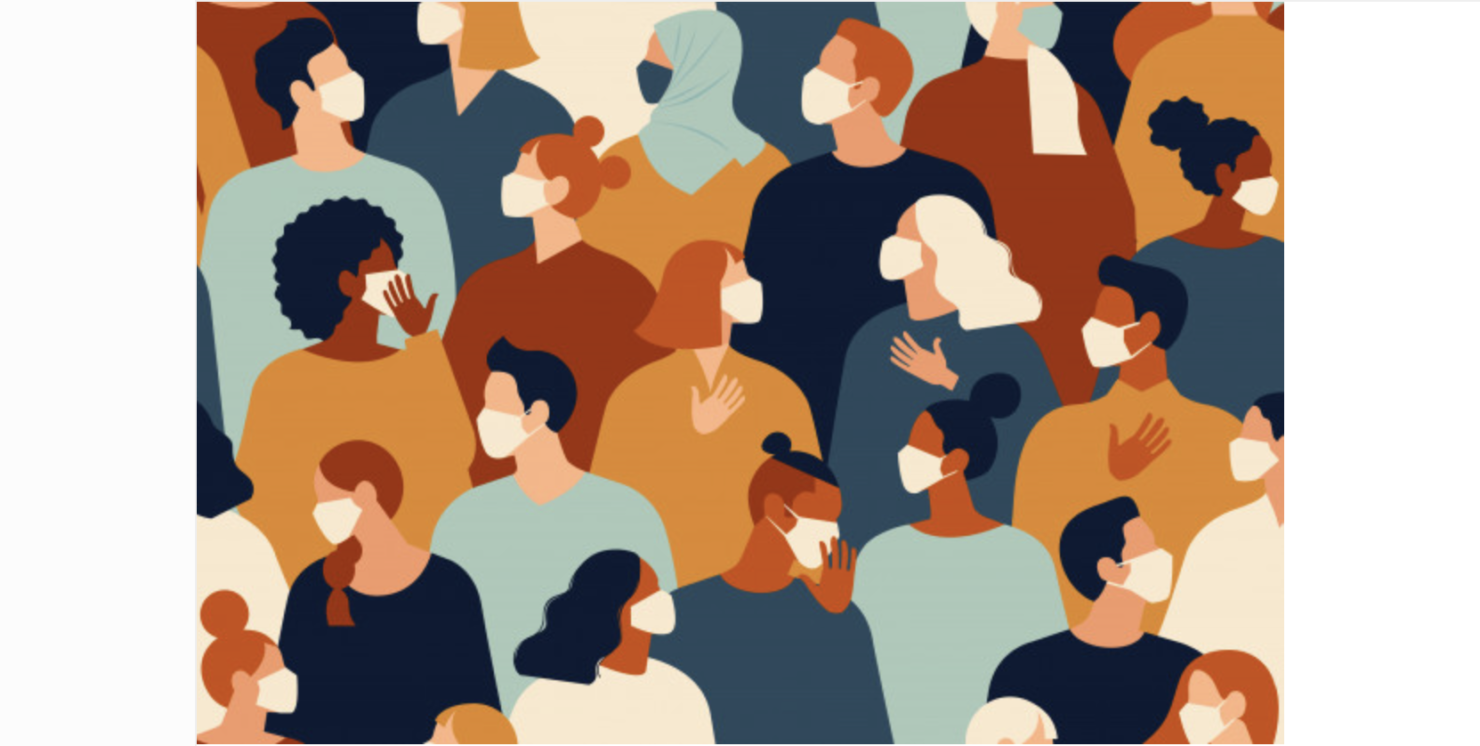Well-being, in ordinary life, is the term we use to describe the state of our health, happiness, and prosperity. A lot of our experiences, from feeling sick after catching a cold to being anxious for an upcoming exam, fall under the umbrella of well-being. In other words, well-being is a multidimensional term used to describe one’s health. As depicted below, the seven dimensions of well-being include emotional, physical, environmental, intellectual, spiritual, financial, and social health.
Well-Being from a Philosophy Standpoint
Philosophers examine well-being by questioning what particular things are good for us, what factors make those things good for us, how we explain why things are good for us, and what is a shared characteristic among all things that are good for us. In the Stanford Philosophy Encyclopedia, Well-being is defined as the positive and negative notions of one’s life. Philosophy approaches the notion of Well-being by focusing on what is good for an individual for its own sake. Well-being is also a measure of one’s unique experiences that are good for them, not depending on whether they are pleasant or morally right. Some good things in life, like money, are tokens to acquire other good things later in life. For example, two philosophers might agree that having a friend is good for Jayla; that is, they might agree friendship increases her well-being. But they might disagree about why it’s good for Jayla, or what makes having a friend, good for Jayla because their view of well-being differs.
How to Balance the Harm Associated with the Lockdown and COVID-19 Illness?
In ordinary life, there is a balance between different aspects of well-being. One might sacrifice their health to achieve social interactions, while another can sacrifice social interactions to study or get a promotion at work. One thing striking about the COVID-19 pandemic is that it’s forcing us to make difficult choices when balancing the aspects of our well-being. The COVID-19 pandemic is not revising our theory of well-being or our views on what things are good for us, instead, it’s forcing us to make balancing choices that we are not used to doing. As a result, policymakers, government officials, and healthcare professionals grapple with different forms of trade-off regarding the aspects of our well-being that we did not have to deal with prior to the pandemic. Our approach to mitigate the pandemic is constantly updated, and that is in part due to our lack of experience concerning the moral dilemmas on the COVID-19 pandemic.
By enforcing public health measures to limit social interactions, we make huge sacrifices to protect our physical well-being in the hope that these sacrifices will be worth it in the end. It’s important to acknowledge that we are balancing genuinely valuable things, and we should not dismiss the negative effects of the lockdown on our emotional and social well-being. This is especially of concern to patient-physician relationships, long working hours, limited visiting hours, and lack of friend/family support in the clinical settings.


One Reply to “What is Well-Being?”